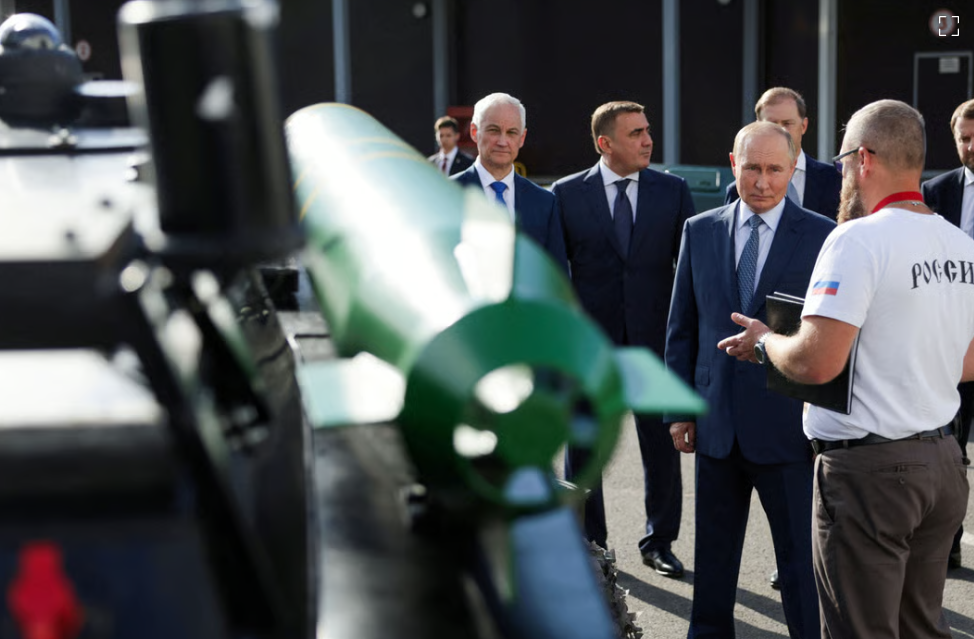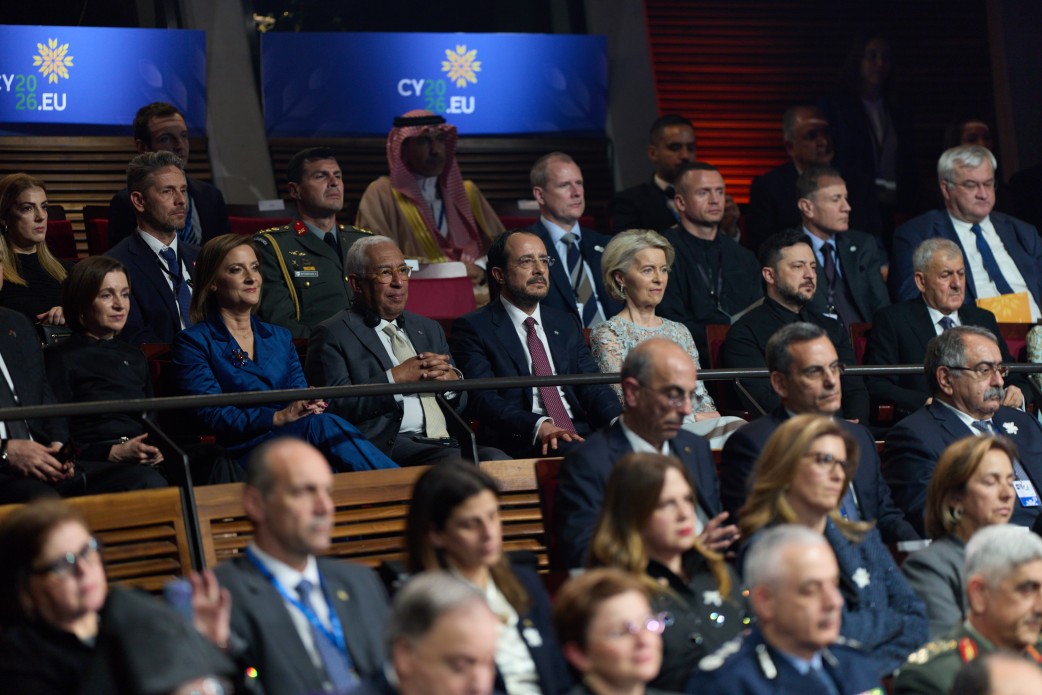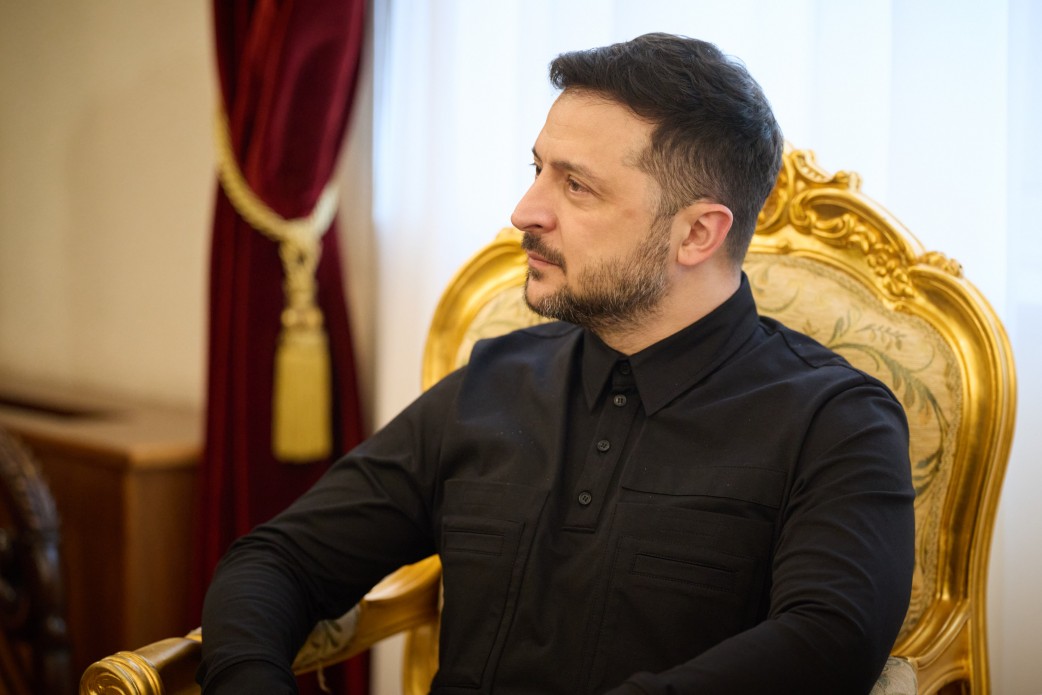The Hungarian government has filed a lawsuit with the EU Court of Justice challenging the decision to use frozen Russian assets to finance military aid to Ukraine through the European Peace Facility (EPF), a mechanism designed to bypass Budapest.
According to Portfolio, Hungary’s lawsuit, filed in July against the Council of the European Union and the EPF, was accepted by the EU Court earlier this week. The case concerns the Council’s May 2024 decision, which laid the groundwork for using immobilized Russian assets to provide further assistance to Ukraine, including military support.
At the time, the EU decided to direct nearly all revenues from taxing profits generated by frozen Russian assets to the EPF, which reimburses member states for the cost of their military aid to Ukraine.
Hungary has long blocked the approval of such EPF payments totaling over €6 billion, even after receiving assurances that its contributions would not be used to finance weapons for Kyiv. However, because Hungary abstained from the vote on the Russian asset decision, the EU argues that revenues from these assets — estimated at €3–5 billion annually — can be allocated to the EPF without Budapest’s approval.
Hungary is now seeking to annul the EPF Steering Committee’s March 2025 decision implementing the Council’s ruling on using income from Russian assets to fund military aid to Ukraine. This decision specifically stipulates that Hungary’s abstention means its vote does not need to be considered when allocating specific funds.
Budapest argues that this procedure violates fundamental EU decision-making principles enshrined in core treaties and should therefore be overturned.
For now, the prospects of Hungary’s lawsuit remain unclear. Proceedings at the EU Court of Justice could take years, and the mechanism for using Russian asset revenues has already evolved, with part of the funds now directed toward non-military support for Ukraine.





















